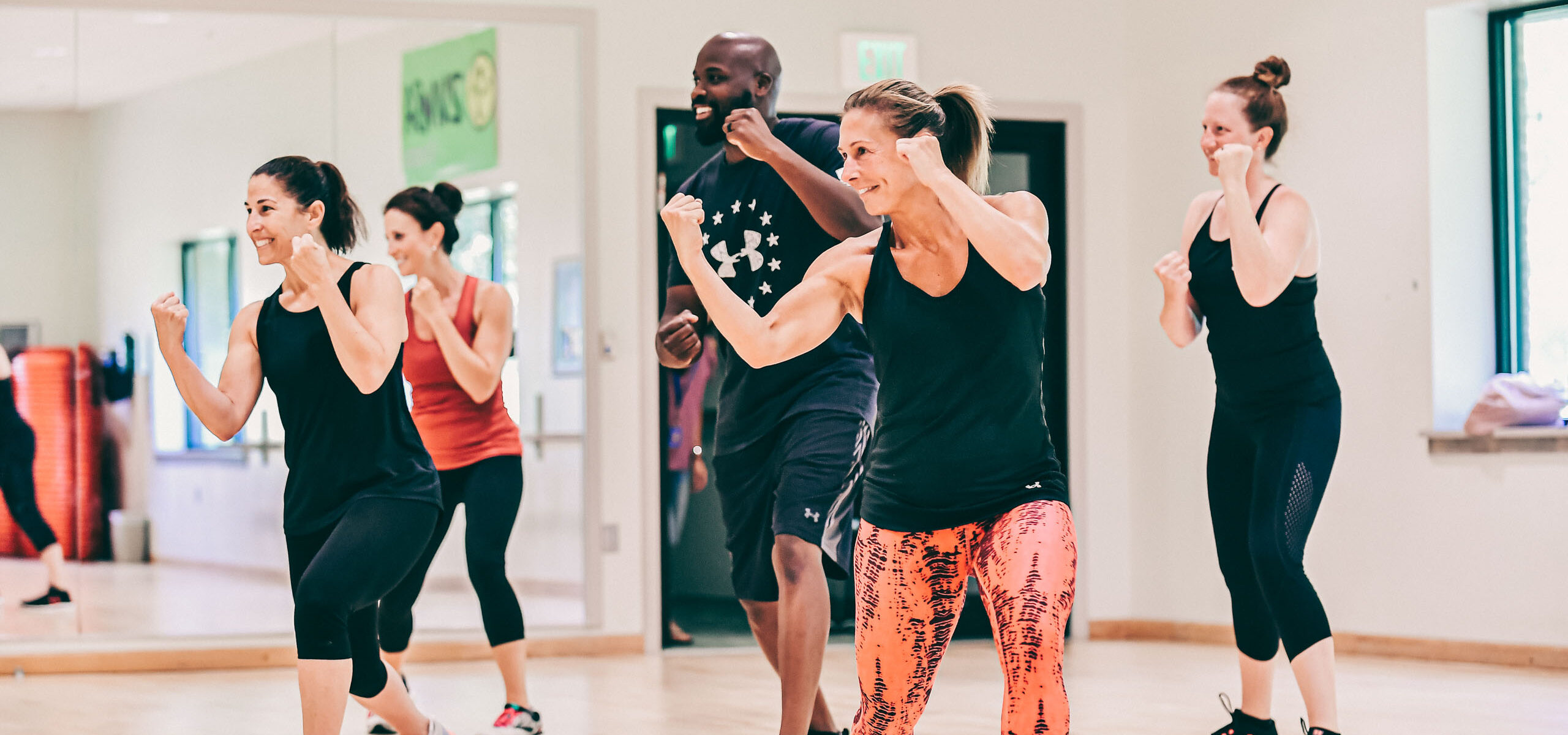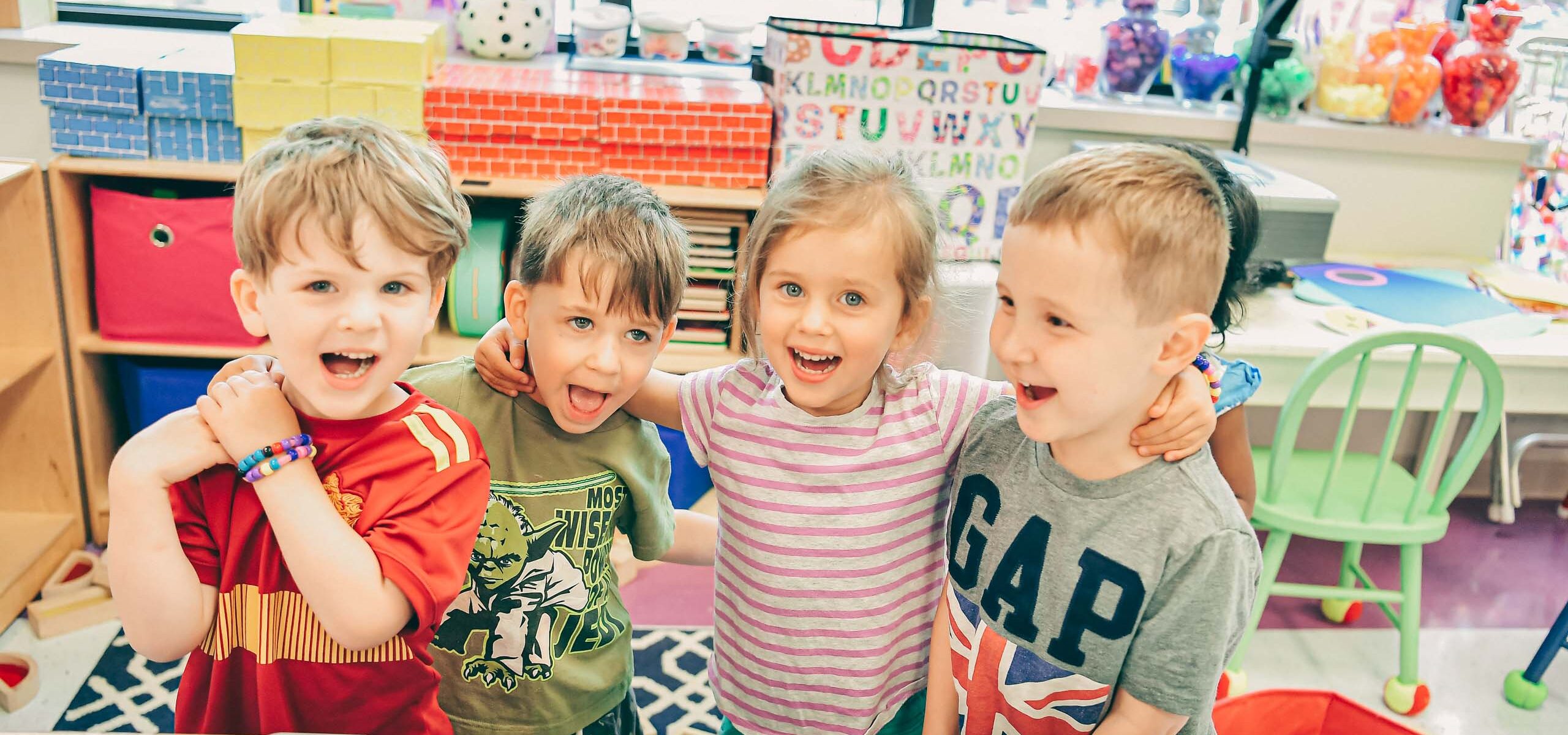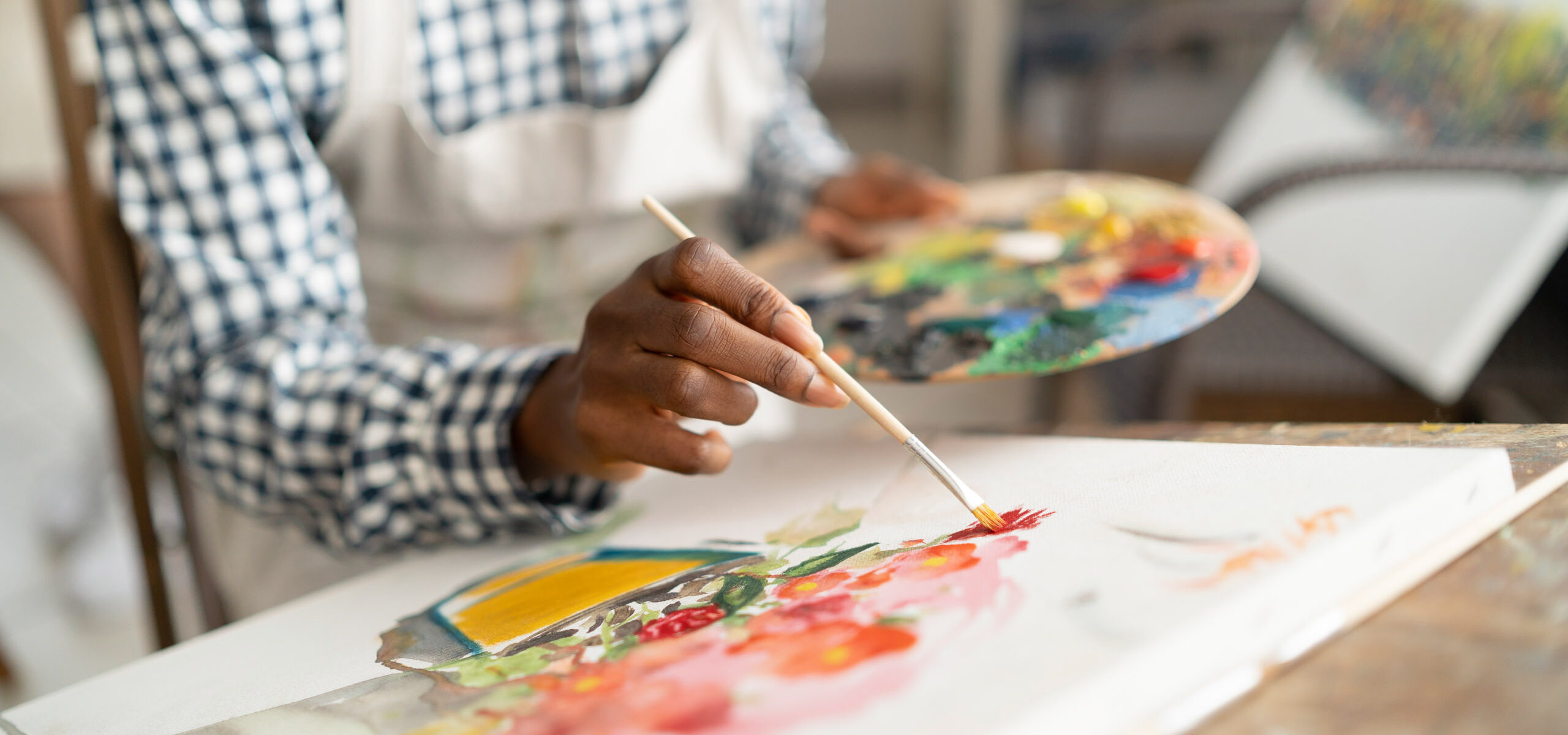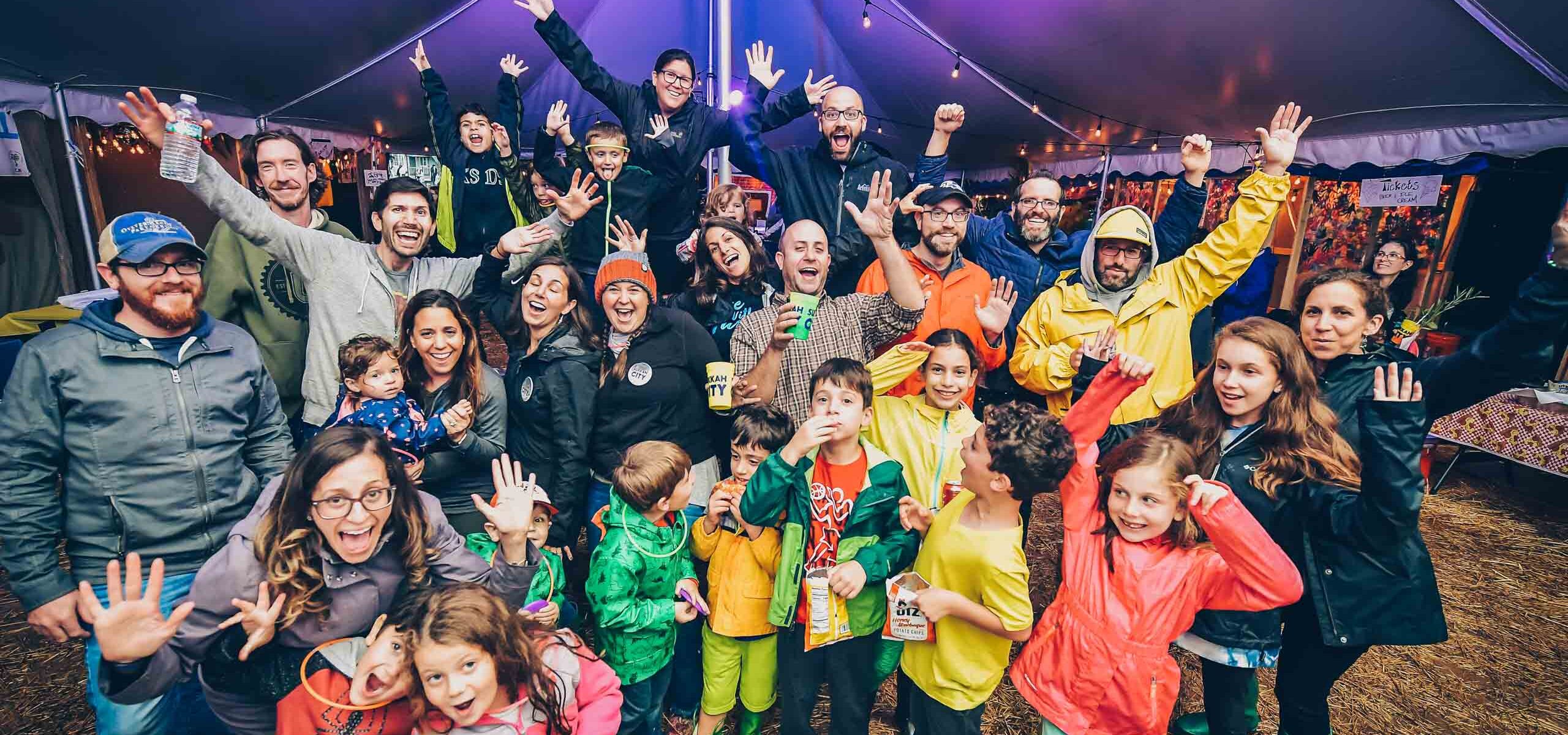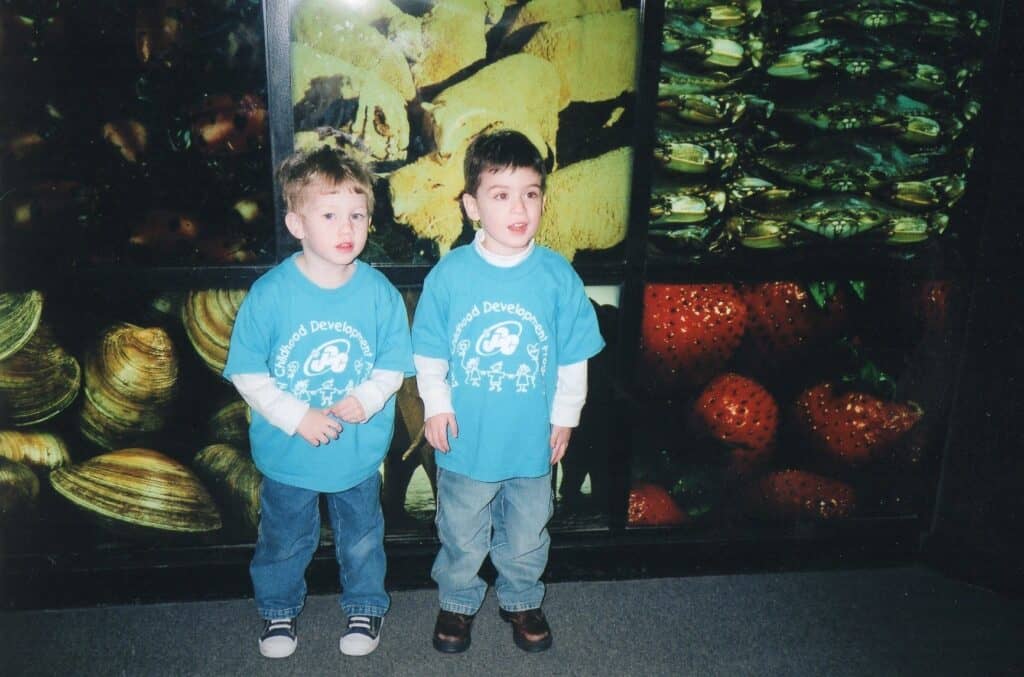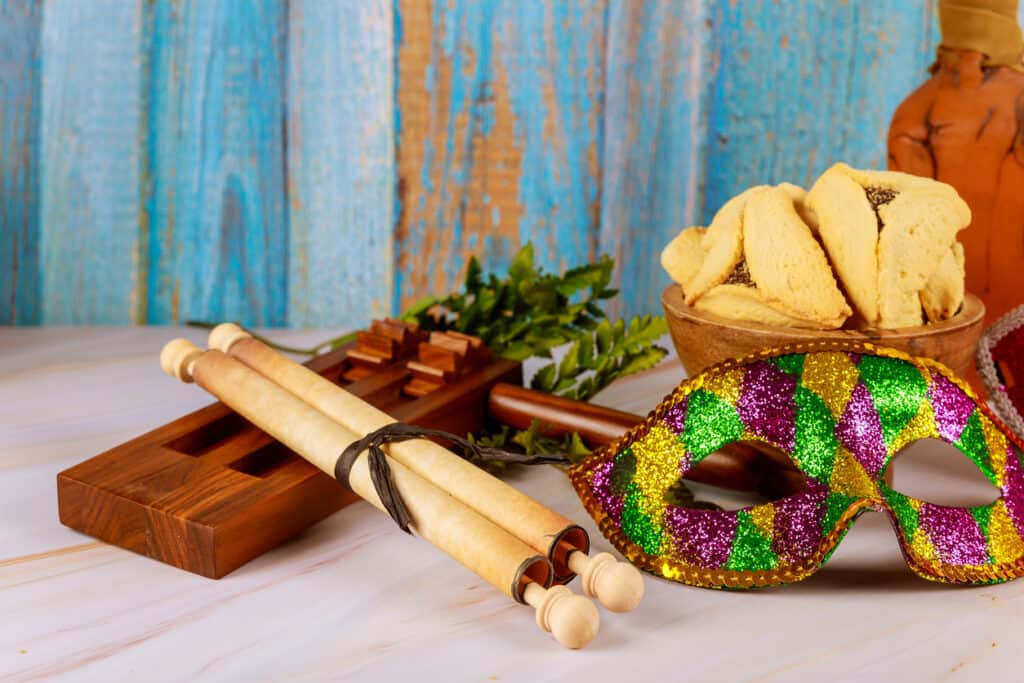Receiving the Torah
Celebrating Shavuot through Creative and Pro-Active Night Time Learning
By Rabbi Jessy Gross
 A rabbi is a teacher. I always wanted to be a teacher — my entire life. Some of the most popular tales from my family’s vault are the ones in which I instructed my sister and her best friend to be students — so I could play teacher.
A rabbi is a teacher. I always wanted to be a teacher — my entire life. Some of the most popular tales from my family’s vault are the ones in which I instructed my sister and her best friend to be students — so I could play teacher.
My senior year of high school, I returned from a weekend with my Jewish youth group where we had spent a weekend in Washington D.C. learning about Jewish values and activism and even the opportunity to lobby on Capitol Hill. I asked my high school cultural studies teacher why we didn’t do similar activities. Surely, growing up outside of D.C. we had had our fair share of visits to downtown Washington, but never did we learn the context of values or get into groups to discuss how we could participate in our political process or learn about ways to organize around issues we cared about and make our claims known to our political leaders. My teacher simply responded, “That is value education and we aren’t allowed to teach values in the public school.”
Growing up in Virginia, I learned that this was policy’s best attempt at a separation of church and state. Values are subjective to the traditional backgrounds people come from and it seemed that in order to ensure no one group of religious values were projected on a student body, it was decided there wasn’t a place for this type of education in the school. On that day I decided I would be a teacher in the Jewish sector. I would choose Jewish education over public education. After all, a rabbi is a teacher.
One thing I have always loved about Judaism is that life is supposed to be the classroom. Jewish education can also be broken down into subjects and different methodologies of how to teach various concepts. However, the questions of what a student is to learn is not just sparked by a curriculum placed before every student. In the case of Jewish education, the questions that come up as one travels his/her own journey of life’s circumstances and experiences are also what guides the decisions for what a person might learn about Jewish tradition at any given moment in time.
This weekend marks the holiday of Shavuot. Fifty days after we set our seder tables and tell the stories of being oppressed in Egypt and our escape to freedom, we come to the next step in our calendar’s curriculum in which we tell the unfolding story of our people year after year: Shavuot – which marks the receiving of the Torah at Mount Sinai.
Actually, we have rituals and frameworks in which we observe Shavuot just as purposefully as we come to our seder table and read the Haggadah. Shavuot is perhaps the original shul in (or sleepover). In many communities, programs of all night learning and experiences to re-enact the all-night party that surely took place the night the Israelites stood at Mt. Sinai and first danced with the Torah are just some ways to observe Shavuot.
Some of the best tikkin l’eyl Shavuot (all night learnings) I have participated in have been steeped in experiences where people teaching Torah have done creative acrobatics to make the Torah of our ancient tradition come alive in the moment and year we are living in right now. I’ve made cheese after milking fresh goat’s milk and learned about why Jews eat dairy meals on this holiday. I’ve learned about the power of a sit-in to create socio-political change and what Jewish tradition has to say about protesting at 3:00am in a coffee shop that models what it means to pay its workers a living wage. I’ve sat in my teacher’s backyard learning about Shavuot as the celebration of the wheat harvest while simultaneously sipping on home brew beer flavored with herbs from his garden…and then learning about one of the greatest commentators of all time, Rashi, and how he was both a rabbi and professional wine maker. I’ve stayed up all night, learned, and in the wee hours of the morning, tired, and equally energized and groggy, I’ve offered blessings of thanks with my community for the power of how one night can change the way we think and what we know about ourselves and our tradition.
Shavuot is a time of communal celebration, reflection and an opportunity to learn. It is a time where we can experience the intersection of an age-old tradition that comes back to us year in and out through the curriculum of our holiday calendar and the questions that come up at this season and in this year we are currently living in. It is a time with great potential for community celebration and learning. Maybe next Shavuot we will have the first overnight at the JCC for the sake of all night learning and being together.
